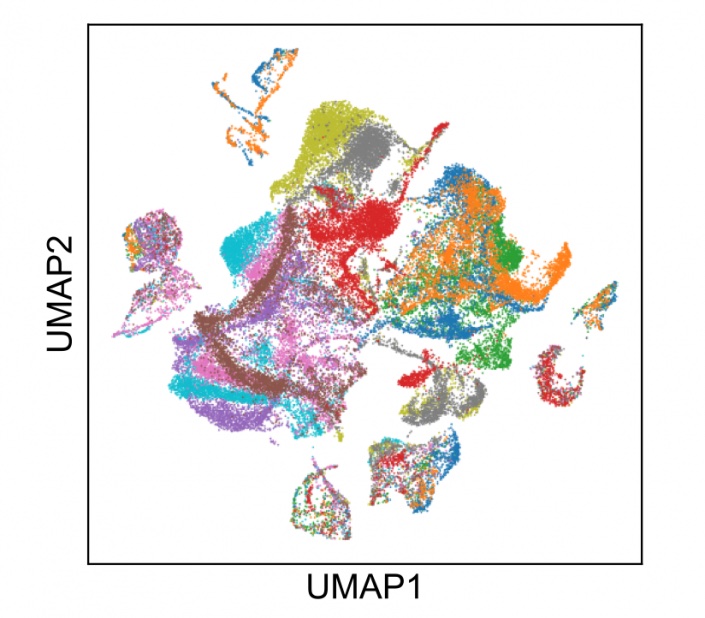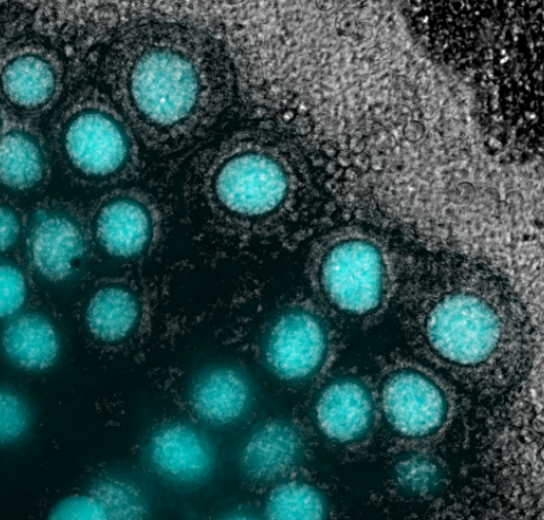Discovery lab for Reproductive and Child Health
Families are built in a variety of ways. Some people start families relatively easily, whereas others are not able to do so and this can be debilitating. Having the power to decide the number and spacing of children in a family is a human right, and also a core tenant of the reproductive justice movement. The science of reproduction is complicated as many different organs and cell types are involved in reproductive health and having a baby. Furthermore, human reproduction is very inefficient, with current World Health Organization estimates for the global prevalence of lifetime infertility at 17.4%. For those who suffer from infertility, biomedical research can help understand this disease and provide answers for starting or extending a family. For a person to reversibly manage their own fertility, contraception is a key option, however not all available contraceptive methods are suitable to all people, and in some cases are incompatible with underlying health conditions. Therefore, in order to understand key scientific issues in reproductive health and medicine the students, postdoctoral fellows, research faculty and staff in the Clark Lab are highly trained in the science of stem cell biology, gene editing, genomics and mouse modeling. Utilizing these state-of-the-art approaches, our lab identifies new genes and pathways involved in human fertility as well as developing next generation approaches to restoring or managing fertility using stem cells. Continue reading below for additional details on projects currently available in the lab.




